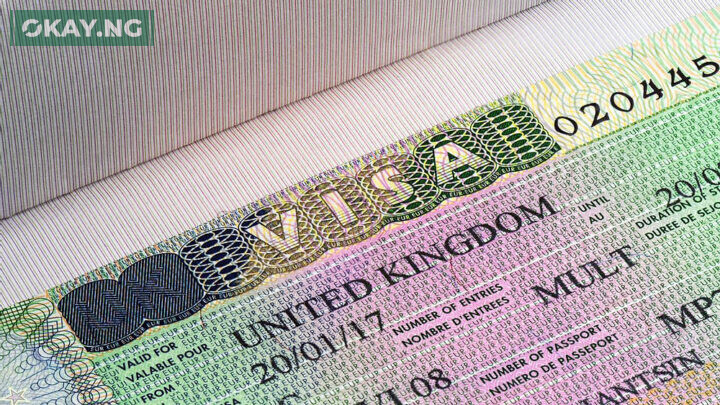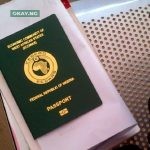Applying for a UK visa can be a nerve-wracking process, especially when even a minor error can lead to delays, or worse, a rejection. For many Nigerians, the United Kingdom remains a top travel, study, and work destination, making it essential to understand what can go wrong during the visa application process.
Okay.ng breaks down the five most common mistakes Nigerians make when applying for a UK visa, and how to avoid them in 2025.
1. Incomplete or Inconsistent Documentation
One of the leading reasons UK visa applications are denied is missing or conflicting documents.
- Example: A bank statement showing insufficient funds, or an invitation letter that doesn’t match the stated travel purpose.
- How to Avoid: Double-check that all required documents are submitted, clearly scanned, and up-to-date. Use the official UK visa checklist for your visa category to avoid omissions.
2. Incorrect or Inaccurate Information
Providing false or inaccurate information — even unintentionally — can be flagged as misrepresentation and may result in a ban.
- Example: Incorrect dates of travel, inconsistent job history, or mismatched personal details across forms.
- How to Avoid: Fill out your application honestly and review it multiple times before submission. Cross-check your data with your passport, bank statements, and other supporting documents.
3. Lack of Sufficient Financial Proof
The UK Home Office requires applicants to demonstrate they can financially support themselves during their stay.
- Example: Submitting a bank statement that doesn’t meet the minimum required balance or is not in your name.
- How to Avoid: Ensure your bank statement:
- Is at least 6 months old
- Has consistent inflows/outflows
- Reflects your actual income level
Also, include an explanation if you receive large deposits, especially close to your application date.
4. Ignoring the Purpose of Your Trip
Your supporting documents must align with your visa type — whether you’re visiting for tourism, studying, or attending a conference.
- Example: Applying for a tourist visa but submitting a business conference invitation letter.
- How to Avoid: Clearly define the purpose of your trip and ensure all documents (like flight itineraries, accommodation, letters of invitation, etc.) align with that purpose.
5. Applying Too Late or Too Close to Your Travel Date
Many applicants apply too close to their intended departure date, leaving no time for visa processing or possible follow-up requests.
- How to Avoid: Apply at least 6–8 weeks before your intended travel date. The UK visa process can sometimes experience delays, especially during peak periods.
Bonus Tip: Skipping the Cover Letter
While not mandatory, a well-written cover letter can significantly strengthen your application. It helps the visa officer understand your intentions clearly and tie all your documents together.













